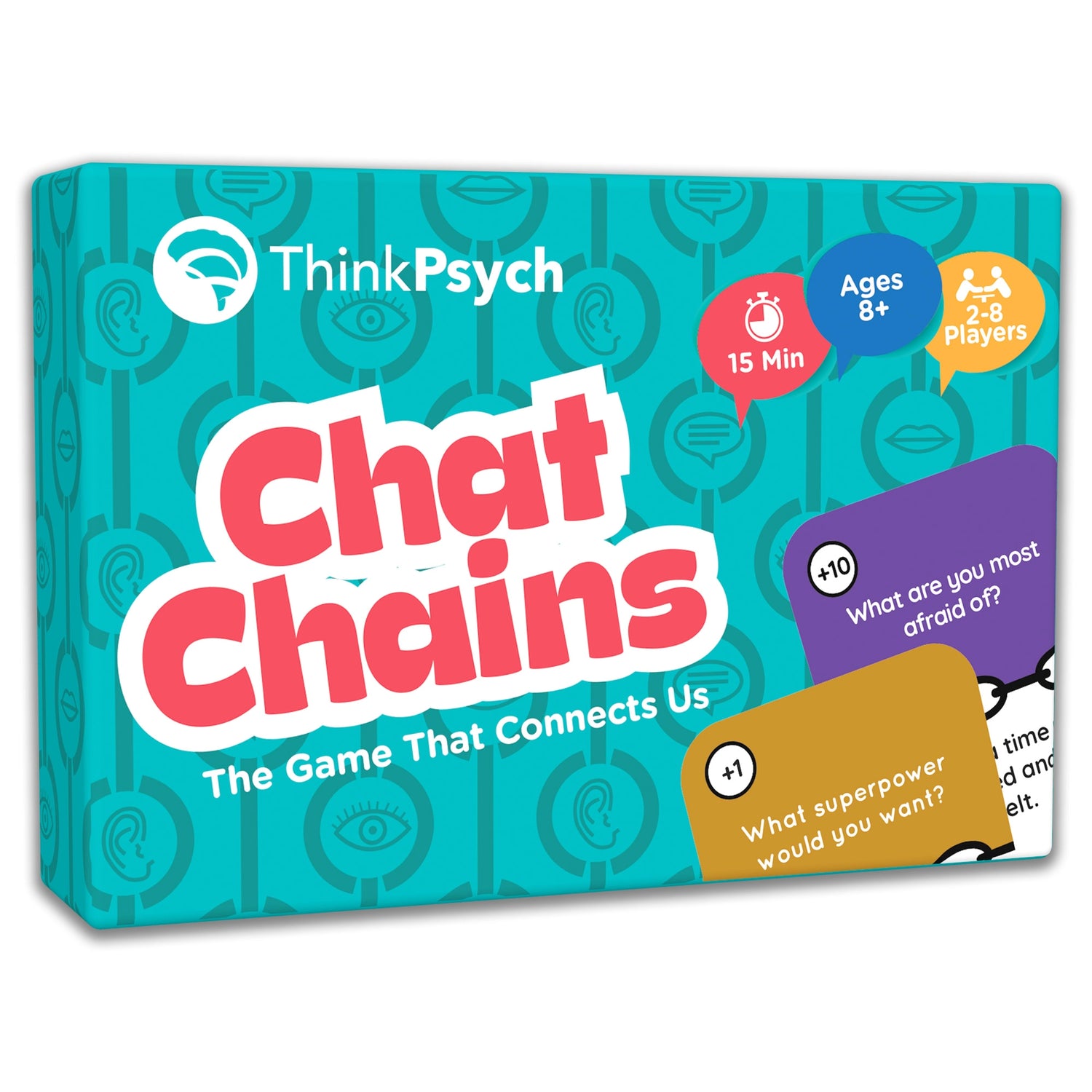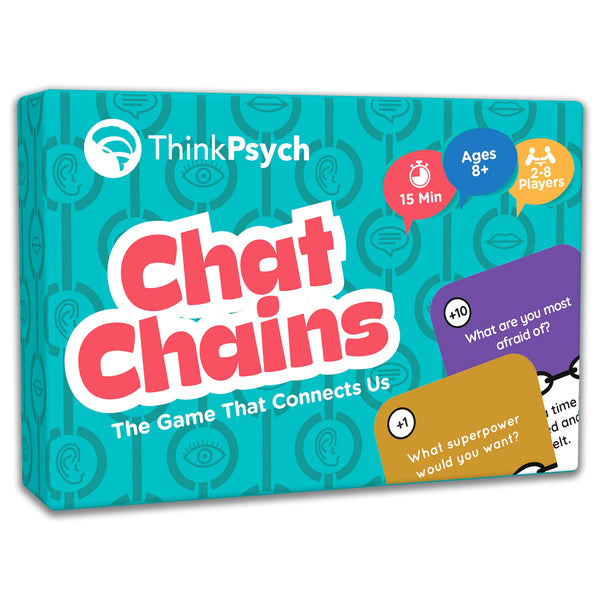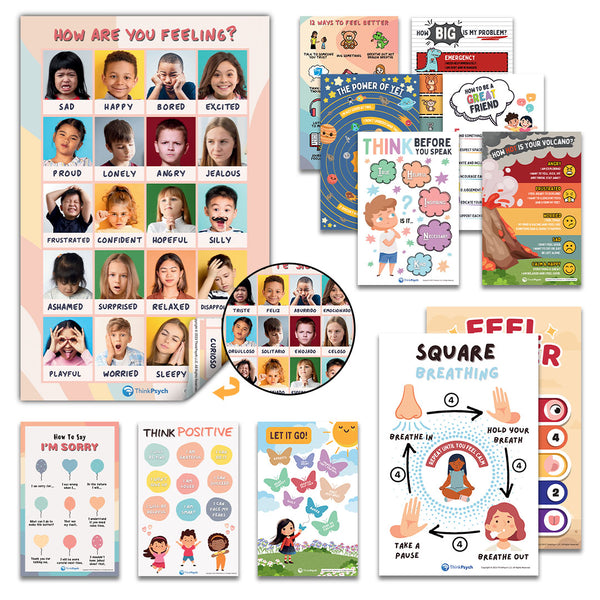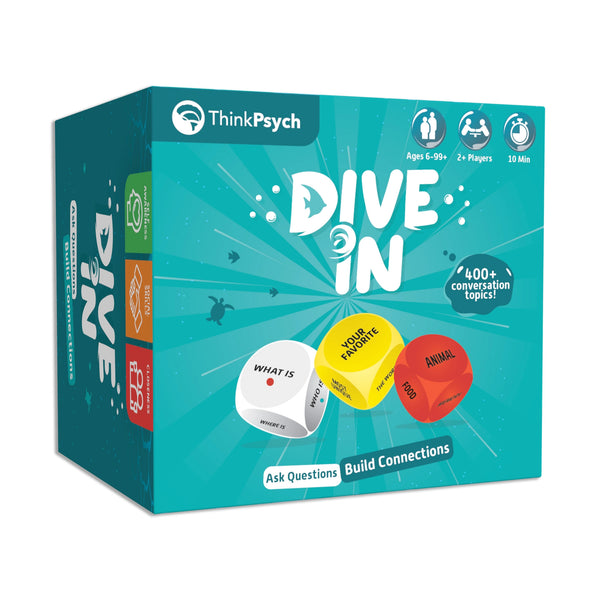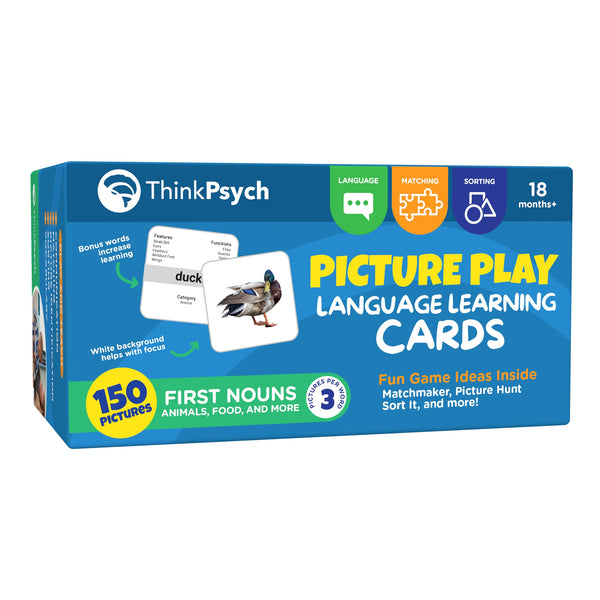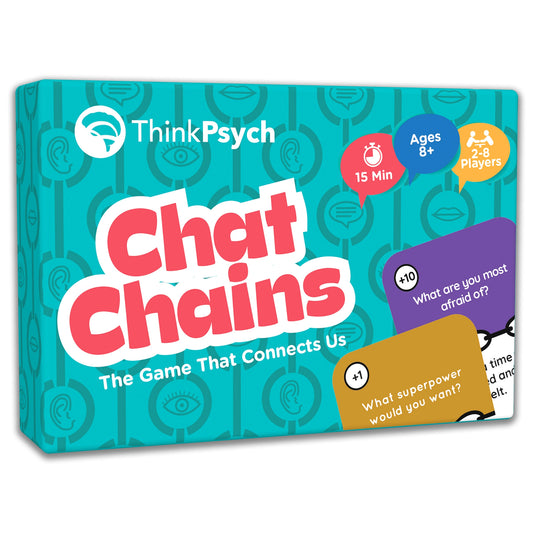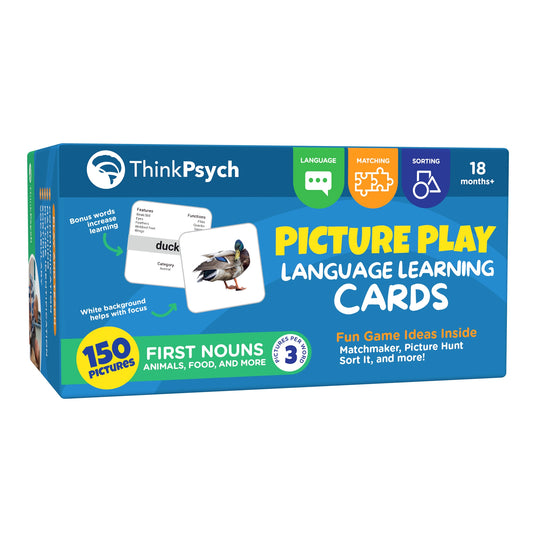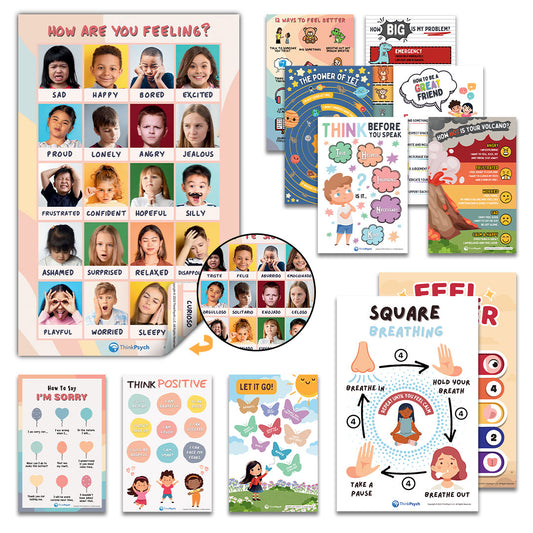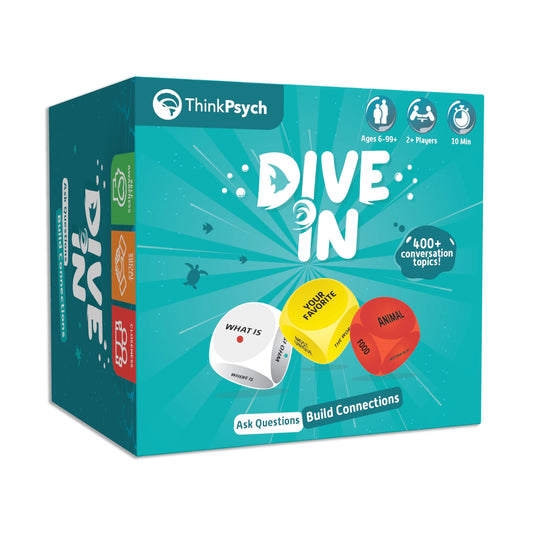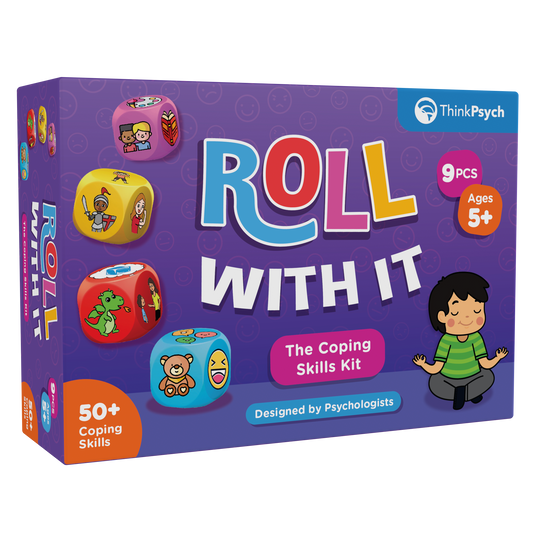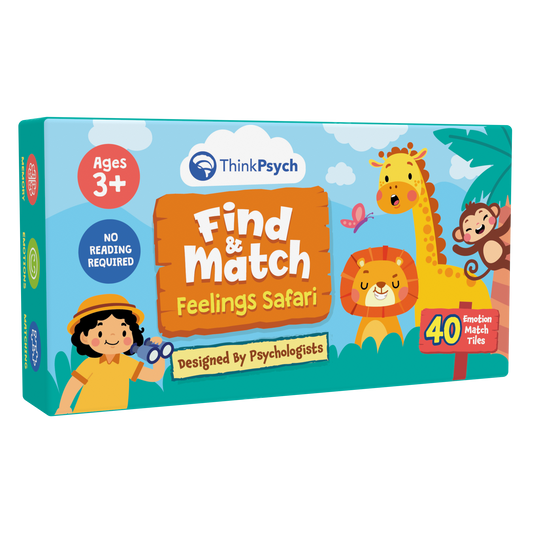
How to Help With Decision-Making for Kids
Share
There’s no doubt that many of the small decisions come easy to children. They may have a more pronounced interest in dolls over Legos, or they may prefer soccer to tennis. But as children get older, having to choose between a number of different options can become more complicated.
Yet, decision-making for kids is one of the most important skills they can develop. It’s only through understanding themselves and their place in the world that a child can choose what’s right for them. It’s also this ability that will enable them to think about the impact of their choices on the world around them.
Fortunately, as a parent, there’s no need to sit on the sidelines and watch your child come up with solutions on their own. Learn about a few things you can do to help them along so they can learn how to arrive at the best conclusion.
Discuss The Options
The choice between ice cream and chocolate might be an easy one for a child. Unfortunately, not every decision in life is going to be quite so easy. This is precisely why it’s so important for a child to consider the consequences before they make a choice.
In order to help with responsible decision-making for kids, sit down with them and go through what their options are in the situation. By discussing the possible choices, you can contemplate the outcomes together. It’s through doing this in a number of different situations that a child will know how to come to a conclusion.
For example, if someone is bullying your child, have them contemplate possible courses of action. They may want to ignore the bully or stand up to the bully, or they may want to discuss the issue with a teacher. By going through the possible outcome of each option, your child will have a better idea of what to expect. They’ll also know how to ask for help when they need it.
Ask the Right Questions
As a parent, there’s a good chance you’ve used decision-making skills in your life. This has probably given you the ability to evaluate and explore potential choices to arrive at a solution.
But instead of just going through potential options with your child, be sure to engage and ask the tough questions that no one else will. Questions like “What might happen if you do this?” or “Why do you think this is the best option?” are important. These can help them to see both sides of a decision. It can also enable them to change course or come to a stronger conclusion.
Since children are just learning about the world and relationships, the insights of an experienced adult can help. By asking the right questions, a child can begin to understand a different perspective and see things they might not have otherwise noticed.
Include Them in the Process
Household decisions can be as small as deciding what to have for dinner and as significant as moving to a new house. Fortunately, involving your child can make responsible decision-making for kids a much easier feat.
When making a decision, be sure to ask your child what they think. For example, if you’re thinking of ordering pizza for dinner, ask them if they think it’s a healthy option or if it would be better to save it for the weekend. Let them consider each aspect and come to a conclusion on their own.
By going through the pros and cons of an option, a child will learn how to assess the situations in their life on their own.
See How Their Decisions Play Out
Involving your child in the decision-making process in your household is important. However, it’s not going to carry much weight if you never take their ideas to heart.
Be sure when posing certain household issues to your child that you use your listening skills and go with their solution. Once you’ve probed the pros and cons and come to a conclusion together, your child can see the results of their choices. This will enable them to understand the difference between contemplating a course of action and how it takes shape in the world.
It’s only through prioritizing decision-making for kids and having confidence in them that a child will understand how to come to their own conclusions.
Shop ThinkPsych Products
Instill the Right Values
It’s an easy point to bypass, but coming to the right conclusions has a lot to do with character. In fact, instilling good values in your child will be the best way to ensure they make the right choices for themselves.
A child who has self-awareness and is empathetic will understand intrinsically how their decisions impact themselves and others. They’ll be able to make the kinds of choices that are thoughtful and considerate, and take accountability for them when things go wrong.
In order to guide your child when they make a choice, you may want to ask them what three values are most important to them. By knowing what they are, they can make decisions in line with these values.
As your child makes choices, let them know you believe in them and that they can rely on your support. It’s the only way they’ll develop the self-confidence to trust in themselves.
Decision-Making for Kids is About Self-Confidence!
Making decisions is all about having a sense of who we are and knowing how our choices impact others. Fortunately, by weighing the options and having self-confidence, a child will begin to understand how to come to a conclusion. It’s only through practice and discussion that they can understand their perspective, as well as the external world and the perspective of others.
Are you a parent that’s trying to help your child develop decision-making skills? Chat Chains can be a great way to assist with decision-making for children! By having them open up and share, they’ll feel comfortable weighing the pros and cons, and deciding for themselves.
Smartparents. 7 ways to help your child make good decisions. https://www.smartparents.sg/child/social-life-skills/7-ways-help-your-child-make-good-decisions
